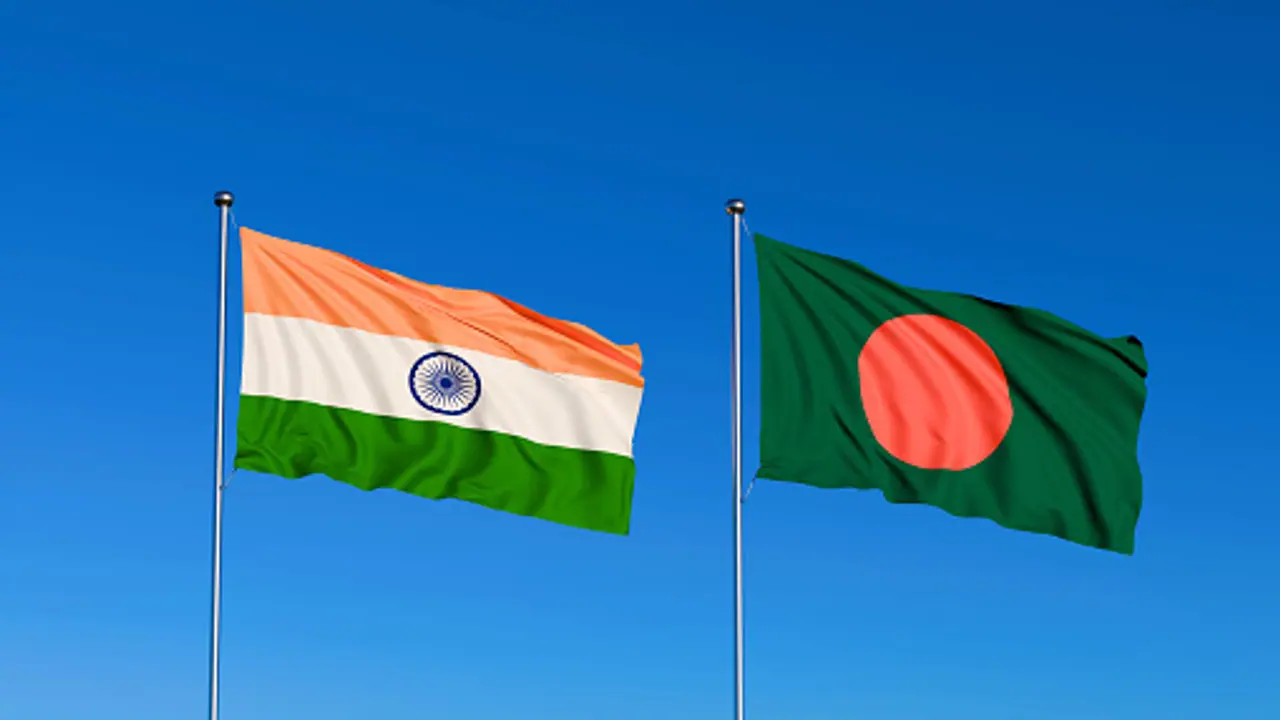The move impacts Bangladesh's RMG sector, increasing costs and delays. India also restricted other Bangladeshi goods at northeastern land ports. Rising tensions follow Bangladesh's interim government's shift towards Pakistan and China.
In a significant policy shift that could strain bilateral ties further, India has imposed strict new restrictions on the import of Bangladeshi ready-made garments (RMG), allowing their entry only through two seaports—Kolkata and Nhava Sheva (Mumbai). The decision effectively shuts down all land ports previously used for importing Bangladeshi garments, valued at over $700 million annually, and marks a major escalation in trade tensions between the two neighbours.

The move appears to be a retaliatory measure against recent trade restrictions imposed by the interim Yunus-led government in Bangladesh. On April 13, Bangladesh limited Indian yarn exports to seaports only, barring them from entering through land ports. Additionally, Indian exports have faced tighter inspections, while rice exports via the Hili and Benapole Integrated Check Posts (ICPs) have been blocked since April 15.
According to reports, a senior Indian official defended the decision by invoking the principle of reciprocity. "Indian market access can't be taken for granted. Bangladesh cannot dictate terms to solely benefit itself," the official said. The official also pointed out that while Bangladesh has enjoyed unimpeded access to India’s Northeast, it imposes high transit fees—1.8 taka per tonne per kilometre—on Indian goods and restricts exports of non-essential items to the region.
Bangladesh's RMG sector, a vital pillar of its economy and a major source of foreign exchange, is likely to be hit hard by the Indian restrictions. Exporters will now have to reroute shipments through the Chittagong port and bear higher freight costs and logistical delays in order to reach India's designated seaports.
India has also expanded its trade clampdown by restricting the entry of Bangladeshi goods such as plastics, furniture, bakery items, and fruit juices at several northeastern land customs stations (LCS) and ICPs, including those in Assam, Meghalaya, Tripura, and Mizoram. To prevent circumvention, restrictions have also been applied at LCS Changrabanda and Fulbari.
Tensions between New Delhi and Dhaka have worsened since the fall of Sheikh Hasina's government and the rise of the interim Yunus administration, which has adopted a more hostile posture towards India. The new regime's outreach to Pakistan and China and recent anti-India rhetoric have only added to the growing unease.


